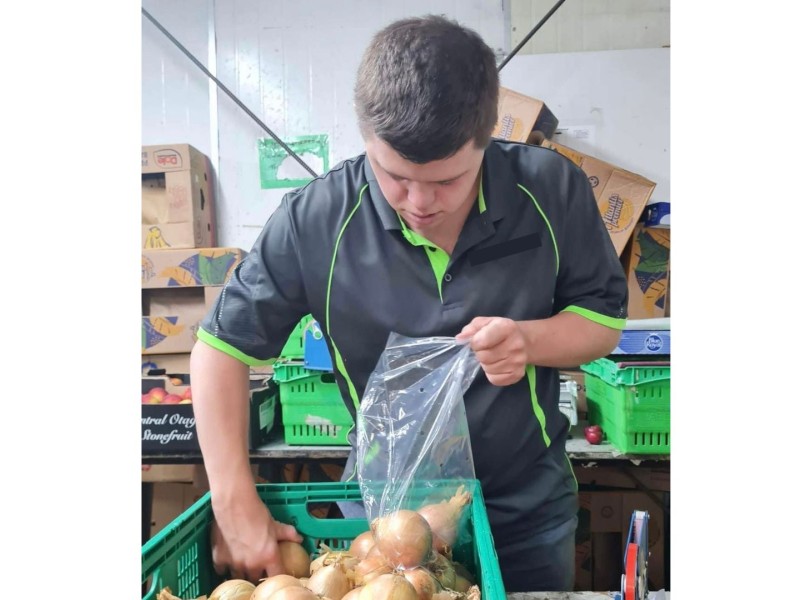Ben Marshall, 26, knows first-hand the struggle with finding and maintaining regular hours in workplaces. The Prebbleton local with Down syndrome worked at a produce store for several years and became a known face in the small community.
Marshall started in his final year of high school as work experience and was kept on by the previous owners for his hard work ethic and his bubbly personality.
However when new owners came along, Marshall’s hours were to be reduced to two hours a fortnight, which for him wouldn’t work, as people with Down syndrome need structure and routine on a weekly basis.
His carer, Suzey Dovey, was told the reason for the reduction in hours was that things were a bit slow, but Marshall’s mother said she was told there were a number of new staff and Ben and his carer just took up too much space.
“Our young chaps and lasses that are struggling in work are capable but have shortcomings," Dovey said.
"They need an extra hand, they need help, so it’s good when any business takes them on. If someone is just going to let someone go because they are not a convenience, it’s a sad sad world.”
The owner of the produce store said Marshall was a casual employee, so he did not have set hours. They said there wasn’t just one reason as to the reduction in hours.
“It was kind of a combination of things, the main one being we didn’t have the staff resources to continue to support him in the shop, and we only have a set amount of space in the back room.
"There was a whole array of reasons, we didn’t come to the decision lightly.”
They said they offered work experience to a number of other people with learning disabilities and had been approached by other companies to offer some more work experience.
"We are just looking at the option of doing that as well.”


